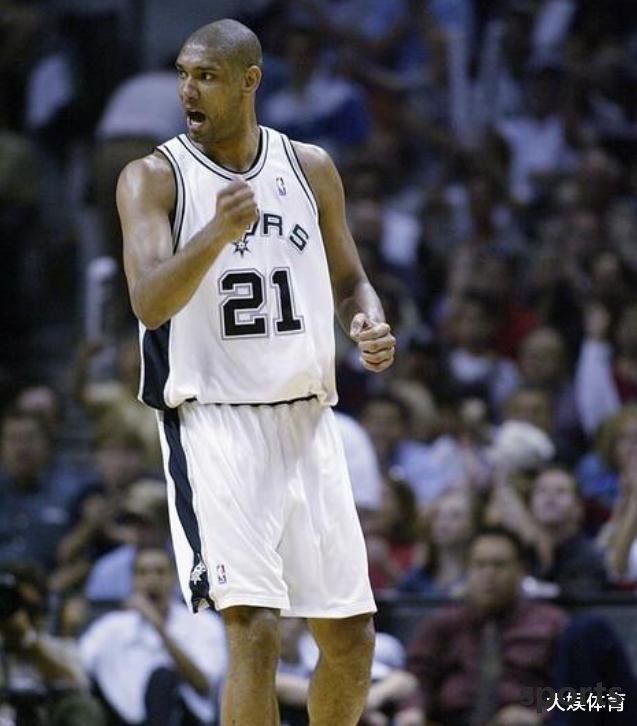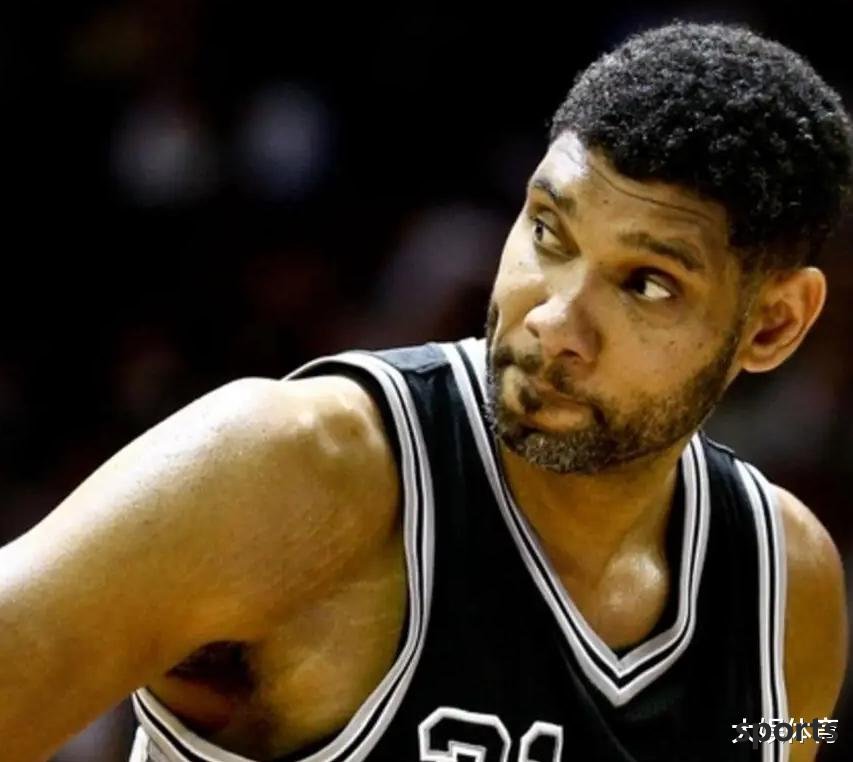Duncan is at his peak when he enters the league, because he has evolved into a complete body after four years of playing in college.
4:04pm, 17 May 2025Basketball
On May 14, Tim Duncan's career starting point is a unique phenomenon in NBA history. When he entered the league as the No. 1 pick in 1997, the senior from Wake Forest University had already shown a maturity far beyond the rookie of his age. Unlike other talented players who usually choose to enter the NBA early, Duncan chose to complete four years of college, a decision that shapes a rare "full-sports rookie".

Duncan went through systematic polishing during his four years at Wake Forest University. Head coach Dave Odom designed a comprehensive training plan for him, which not only strengthened his signature 45-degree angle shooting, but also improved the details of low-post footsteps and defensive positions. The team system of college basketball allowed him to understand the importance of tactical discipline early on, which can be seen from the seldom defensive loss in his NBA career. In the 1996-97 season, Duncan, a senior, averaged 20.8 points, 14.7 rebounds and 3.3 blocks per game, and shot as high as 60.8%. This dominant performance made many teams play badly for him in the 1996-97 season.
When the 1997 draft, the 23-year-old Duncan had fully reached the NBA level. The height of 2.11 meters combined with the wingspan of 2.30 meters, coupled with the weight he gained through strength training in college, allowed him to adapt to the inside confrontation immediately. The physical test report of the Spurs doctor at that time showed that Duncan's body fat rate was only 6.7%, with a vertical jump of 81 cm, and all of these data reached the elite level. More importantly, four years of NCAA career allowed him to accumulate 118 official game experience, which is far superior to rookies of the same period, such as McGrady (a high school rookie) and Billups (a sophomore out of the league in the same year). Duncan showed amazing combat power in his rookie season. In his debut against the Nuggets, he scored a double-double of 15 points and 10 rebounds, and averaged 18.2 points and 11.8 rebounds per game in November, without any trouble with the rookie wall. The "Twin Towers" formed by him and David Robinson quickly reacted, and the Spurs' record soared from 20 wins and 62 losses last season to 56 wins and 26 losses. This season he scored 1,567 points, setting the seventh highest score in the rookie season at that time, and also won the All-Rookie and All-Squad team-the last one to achieve this was Larry Bird in 1980.
Technically, Duncan's rookie season has shown complete physical characteristics. His low-post singles combine McHell's up and down steps and Olajuwon's fantastic footsteps, and his 45-degree angle board shooting percentage is stable at more than 52%. Behind the defensive end, 2.5 blocks per game, is precise prediction and textbook-like vertical jump block. What's even more rare is his basketball IQ, with a rookie assist-turnover ratio of 1.8:1, which is extremely rare among inside players. In the first round of the 1998 playoff series against the Suns, he scored 32 points and 10 rebounds in G2, and G4 even contributed 22 points, 15 rebounds and 4 blocks, leading the team to advance.

compared with superstars in the same period, it can better highlight Duncan's precocious maturity. Garnett was only 19 years old when he entered the league, and it took three years to reach the 20+10 level; Nowitzki averaged only 8.2 points per game in the rookie season; even O'Neal, his defensive influence and tactical literacy in the rookie season were far from Duncan's height. This maturity allowed Popovich to feel at ease with Duncan as the tactical core in the 1998-99 shrinking season, and finally won the first championship in team history. Duncan averaged 27.4 points, 14 rebounds and 2.2 blocks in the finals, and is still the top data for under-24 players in the finals.
Duncan's case changed the NBA's draft philosophy. After him, the team began to pay attention to the value of the combat power of older rookies. Part of the reason why they chose Anthony over Milicic in 2003 was because they were attracted by the completion of the former in the NCAA. In modern basketball, instant-to-fighting players like Brogden (24-year-old rookie) have gained more favor, which is to some extent the continuation of the Duncan model. However, it is worth noting that Duncan's success has its own special features - Wake Forest University provides him with a training system close to the NBA intensity, and his psychological qualities are even rare. These factors have created this legend of "the debut is the peak".
Related Posts
- More desperate than playing badly? Six teams with awkward cycle!
- Big controversy! Curry s alternative remarks have caused criticism for being criticized for being greedy or offended the bosses of 30 teams
- O Neal: In the entire NBA history, there are only one players who can make me afraid
- Average of 4+1+1! US media is optimistic about Rockets rookie shooter: template Trail Field, with All-Star Potential
- Dagenot talks about SGA: It s rare to score 34 points in 13 shots, and he also made double-teams pay the price
- The Grizzlies cannot break the contract! I hope Jaren Jackson Jr. will not become the second Parsons!
- From 4-1 in the first round to being on the verge of elimination! The defending champion fell and the boss was overrated, you don t have a championship.
- The Nuggets and Jokic start negotiations!
- Refuse to reverse! Amen 25+6+3, Curry made 4 of 12, a new record was born, the playoff trend changed
